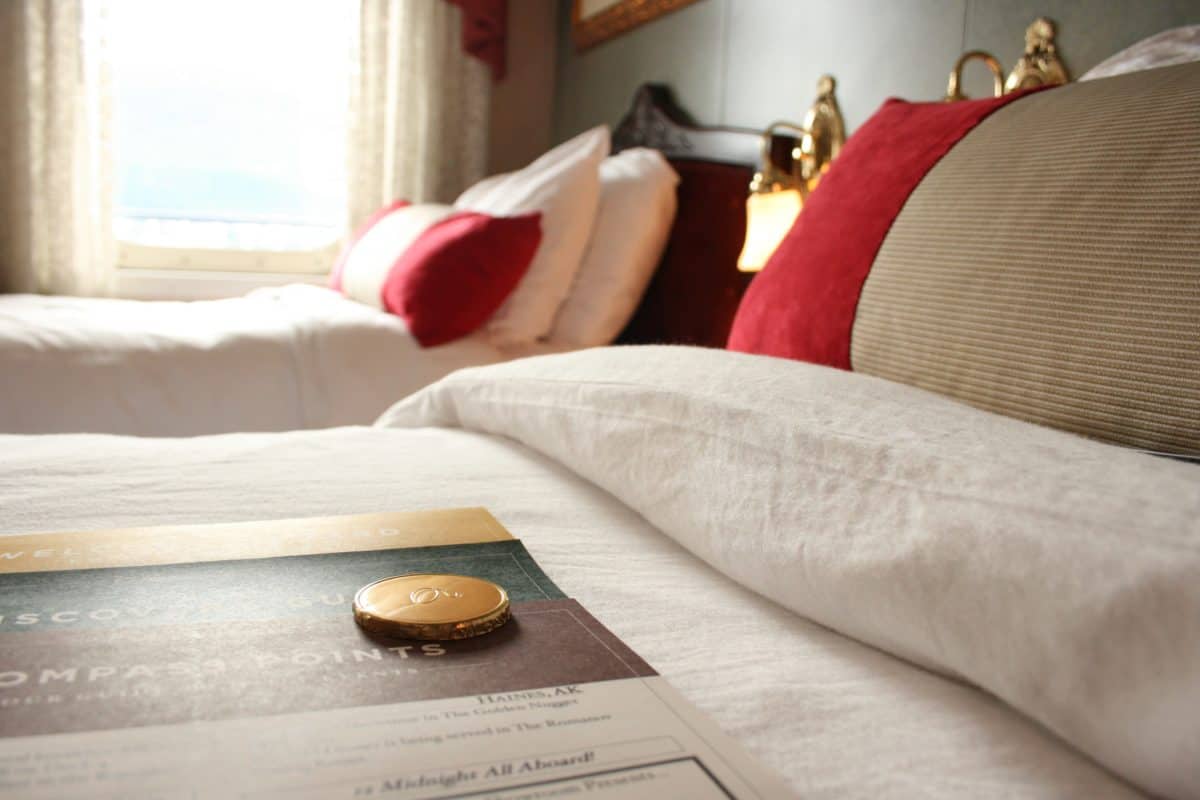
Recently, I analyzed 5,986 Google local search engine results pages (SERPs), 54,376 local listings, and over 1.3 million Google reviews for local businesses. I found that 46 percent of local Google reviews are for hotels, auto dealerships, and restaurants.
My latest local search analysis, which was a follow-up to my previous analysis, shows a strong correlation between Google reviews and local search engine rankings. I looked at both the number of reviews and the overall star rating for each of the 50,000+ local listings in my research, and I’m more convinced than ever that reviews and ratings are a strong influence in Google’s local results.
I suspected I’d find that going in, and my theory was validated.
What I didn’t suspect, however, was just how many Google reviews hotels actually get. In my research, I found that hotels get more reviews than car dealerships, and nearly as many reviews as restaurants.
And I’m not talking about reviews on Yelp, UrbanSpoon, or TripAdvisor—I’m talking about reviews on Google, the most popular search engine.
Of the 41 keywords (or business types) I analyzed, hotels have the second-highest number of reviews. People are far more likely to review hotels than they are accountants, physical therapists, or even dentists.
Now, you probably suspected that already.
If you work in hospitality, you’ve probably dealt with your share of reviews, and those interactions haven’t always been positive.
But, because people are more likely to leave reviews for hotels, you can harness that energy and outfox your competitors in one of the most important marketing arenas on the planet—Google.
Hotel Reviews, By the Numbers

I wrote about this in depth last month, but here’s a quick primer on how to compete in Google’s local SERPs.
Essentially, my data shows a strong correlation between reviews, overall ratings, and search engine visibility. I can’t tell you exactly how Google ranks every business in its local search engine results, but I feel my analysis of 54,376 business listings shows strong connections between reviews and search engine rankings.
So, basically, it’s this easy:
Review Quantity + Overall Rating = Ranking
This was the case for highly-reviewed industries, such as restaurants and hospitality, and for lesser-reviewed industries like dry cleaners and landscapers.
Overall, your hotel faces stiffer competition in the local SERPs than a landscaper or a laundromat, but that doesn’t mean you can’t compete.
In my research, I found that the highest-ranked listings in Google’s local search results, the entries you see right when you search Google for “Baltimore hotel” (or any other local business keyword), have an average of 38 reviews. That’s the listing at the top of the heap—number one.
The 10th-place listing, on the other hand, has an average of 14.3 reviews.
A business’ star rating matters, too. The closer your hotel is to holding a 5-star rating, the more likely you are to dominate the local search results. And it’s more realistic than you think—my findings show the top-ranked listings in Google’s local search results have an average of 3.7 stars, while the 10th-ranked listings have just 3.0 stars.
So, just 0.7 stars is the average difference between 10th place and first place.
This all seems more doable now, right?
How to Analyze and Compete
In order to compete, you first need to find out where you stand in the local search engine results. First, perform a regular Google search such as “hotel Baltimore” or “Louisville hotels.” You’ll see something like this:
Then, make note of the top three results. Note how many reviews each one has and what their average star ratings are. This information is presented right up front.
If you don’t appear in those top three results, click “more hotels,” which is located here:
You’ll then see something like this:
Scroll down and find your own listing. Note what your rank is, your own total number of reviews, and your overall star rating. This will give you an idea of how much work you have ahead of you.
Next, perform a few more Google searches. If you searched “Louisville hotels” the first time, try a variation like “hotel Louisville” and repeat the process. You’ll likely notice the rankings are a bit different for each search.
Finally, perform a few more specific searches. If you’re in downtown Louisville, search for “hotel downtown Louisville.” If you’re a historic hotel, a luxury hotel, or an affordable family hotel, try those searches, too, and make note of what you find. Then, it’s time to figure out how many reviews you need.
Now, I’ll be the first to admit this won’t be an exact science.
But, if you’re sitting at ninth place with 27 reviews and an overall rating of 3.5 stars, and the top-ranked hotel has 80 reviews and 4.3 stars, you’ll have a good idea of what you need to do in order to compete.
So, how do you get those additional positive reviews?
You definitely need to ask your guests to review your hotel on Google—you can’t just sit by and hope the reviews will come in on their own.
- Here are a few creative ways to ask for reviews.
- You can also try a software solution which, in my experience, works particularly well for hotels.
A Note about Boutique Hotel Reviews
If you either run or work with a boutique hotel, your initial Google searches need to reflect that. Search for “boutique hotel Louisville,” “bed and breakfast Louisville,” or any other search term that specifically applies to your hotel.
Since guests will travel farther for a good boutique hotel experience, also perform some regional searches. Search at the county level, or even use a broad search like “boutique hotel Northern Kentucky.”
Since staying at a boutique hotel is a more interactive and intimate experience for guests, it may be easier for you to earn more positive reviews than it is for larger chains. Use that to your advantage.
Minimizing Negative Reviews
I mentioned earlier that you’ve probably dealt with reviews many times before and that many of them probably weren’t positive. Since people are more likely to review a hotel than they are a jeweler, this unfortunately means you’ll also deal with more negative reviews than a jeweler will.
If you want to compete in the local search results, you’ll also have to work hard to minimize those negative reviews.
First things first: someone on your team needs to respond to reviews on all platforms—both the negative reviews and the positive ones.
To do that, create a review response plan. Here’s one suggestion from Checkmate:
“It’s easier for your management staff to respond in a timely manner when they know what is expected of them. Consider documenting your company’s expected response time, along with specifics as to what responses should and should not include. Featuring sample responses with helpful callouts can also be an effective training aid.”
Checkmate also recommends replying with specific details to each review and never using a blanket response template. I fully agree.
Also, always keep a cool head. It can feel like a personal insult when a guest trashes your property with a negative review score, but you can never sound aggressive or defensive. Instead, always remain polite and professional—even when you know they’re wrong. In many cases, you can turn a negative review into a much better review.
Here are a few more resources:
- “How to Respond to Negative Hotel Reviews”
- “The A to Z of Handling Negative Hotel Reviews Online”
- “How to Respond to Negative Reviews”
It’s in your best interest to minimize those negative reviews with great service and communication and to try to convert as many negative reviews into positive reviews as you can.
If you can’t do that, you need to leave a public response to each review, showing that you handle criticism and negativity with grace and professionalism. It will go a long way with potential guests.
Final Thoughts

Google reviews are an important part of your local search engine rankings. You also need to focus on great on-site SEO, consistent listings across various platforms, and building the right citations.
Because hospitality is so competitive, however, you need to use every advantage you can to pull ahead in Google’s local listings. Positive reviews look great to potential guests, but they can also help you edge out your competition—you want your hotel to be the first result everyone clicks on, right?
Attaining the top spot in Google’s local listings will certainly help you accomplish that goal.
Now, start counting stars and get to work.
Thanks for reading!
-Brodie






